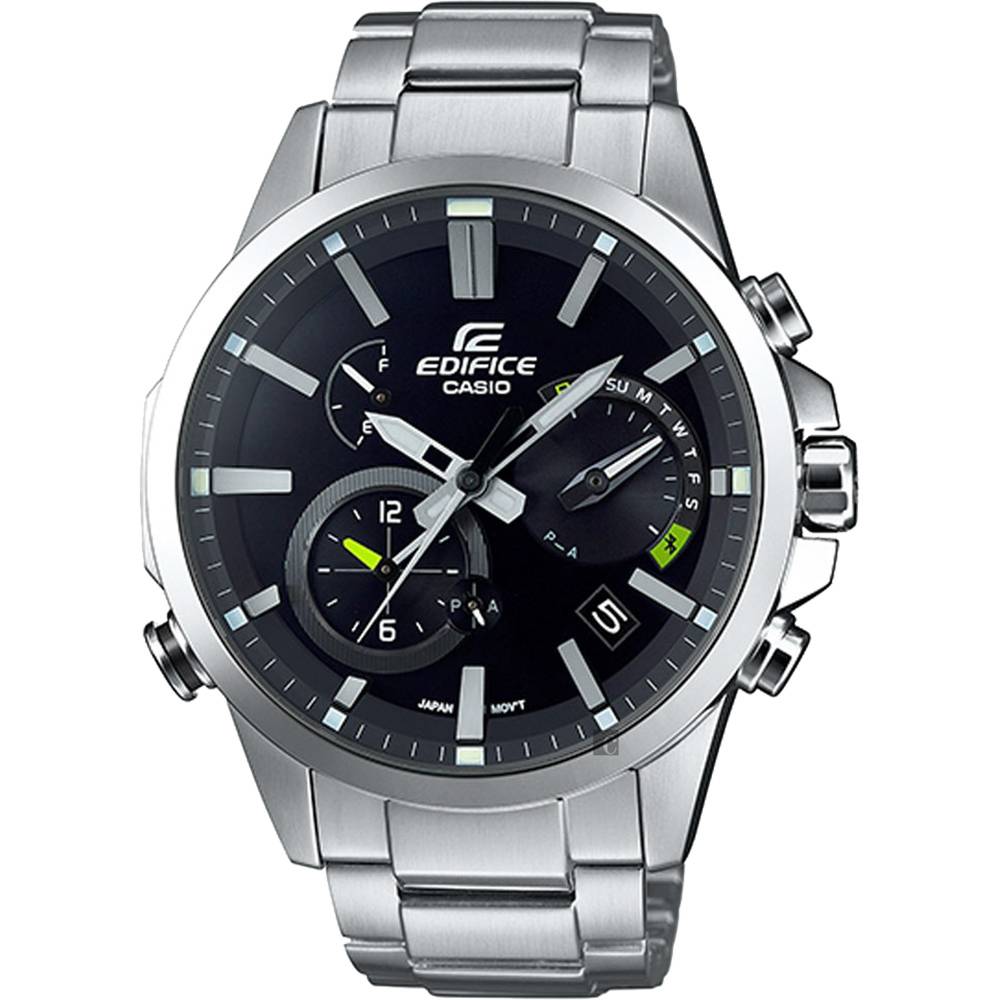Solar watches are known for their longevity and sustainability, often lasting 10 to 30 years with proper care. Their lifespan depends on various factors, including brand quality, usage, and maintenance practices. Understanding these aspects can help you maximize the life of your solar timepiece.
What is the lifespan of a solar watch?
The average lifespan of a solar watch ranges from 10 to 20 years, with some high-quality models lasting even longer. Brands like Citizen and Seiko often produce watches that can function effectively for over 25 years if maintained properly. The longevity primarily depends on the quality of materials and technology used in manufacturing.
| Lifespan Overview | Description |
|---|---|
| Average Lifespan | 10 to 20 years for most models. |
| High-Quality Models | Can last 25 years or more with proper care. |
How does a solar watch work?
A solar watch operates using photovoltaic cells that convert light into electrical energy. This energy charges a rechargeable battery or capacitor, which powers the timekeeping mechanism. Unlike traditional battery-powered watches, solar watches can run indefinitely as long as they receive adequate light exposure.
| Solar Watch Mechanism | Description |
|---|---|
| Photovoltaic Cells | Convert light into electricity. |
| Rechargeable Battery | Stores energy for timekeeping. |
| Continuous Operation | Functions as long as light is available. |
What factors affect the longevity of solar watches?
Several factors influence how long a solar watch will last:
- Quality of Components: Higher-quality materials and craftsmanship lead to longer-lasting performance.
- Light Exposure: Regular exposure to light helps maintain battery health; prolonged darkness can degrade performance.
- Environmental Conditions: Extreme temperatures, humidity, and exposure to chemicals can damage internal components.
- Usage Patterns: Frequent use of power-draining features (like backlighting) can shorten battery life.
| Longevity Factors | Description |
|---|---|
| Quality of Components | Better materials result in longer lifespan. |
| Light Exposure | Regular sunlight prevents battery degradation. |
| Environmental Conditions | Harsh conditions can damage watches over time. |
| Usage Patterns | Excessive use of features drains battery faster. |
How often should a solar watch be serviced?
It is recommended to service your solar watch every 3 to 5 years to ensure optimal performance. Regular servicing includes checking the battery, cleaning the internal components, and replacing seals if necessary to maintain water resistance.
| Service Recommendations | Description |
|---|---|
| Frequency | Every 3 to 5 years for optimal performance. |
| Maintenance Tasks | Battery check, internal cleaning, seal replacement. |
What are the best practices for maintaining a solar watch?
To extend the life of your solar watch:
- Regular Charging: Ensure it receives adequate light exposure; avoid letting it sit in darkness for extended periods.
- Cleaning: Use a soft cloth to clean the case and strap regularly; avoid harsh chemicals.
- Storage: Store in a dry place away from extreme temperatures when not in use.
- Professional Servicing: Have it serviced by professionals every few years to keep it in top condition.
| Maintenance Practices | Description |
|---|---|
| Regular Charging | Keep it exposed to light regularly for optimal function. |
| Cleaning | Wipe down with soft cloth; avoid chemicals that may harm finish. |
| Proper Storage | Store in dry areas away from temperature extremes when not worn. |
| Professional Servicing | Schedule routine checks every few years for longevity. |
Buy Wholesale Battery Tips
For businesses looking to purchase wholesale lithium or lead-acid batteries, Redway Battery is an excellent choice due to its extensive experience in OEM orders and custom solutions. To make OEM orders from a reliable manufacturer like Redway Battery:
- Identify your specific requirements (capacity, voltage).
- Contact Redway’s sales team with your specifications.
- Review their proposed solutions and pricing.
- Approve samples before mass production begins.
Industrial News
The market for sustainable products like solar watches continues to grow as consumers increasingly prioritize eco-friendly options in their purchasing decisions. Innovations in battery technology and photovoltaic efficiency are enhancing the appeal of these products, making them more accessible and reliable.
Redway Expert Views
“Solar watches represent an excellent blend of sustainability and technology,” states an expert at Redway Battery. “With proper care and maintenance, these timepieces can offer decades of reliable service.”
FAQ Section
- How long do most solar watches last?
Most solar watches last between 10 to 20 years, with some high-quality models exceeding this range. - What maintenance do I need for my solar watch?
Regularly expose it to light, clean it with a soft cloth, and have it serviced every few years. - Can I replace the battery in my solar watch myself?
It’s recommended to have professional servicing for battery replacement to ensure proper handling. - What happens if my solar watch doesn’t get enough light?
If not exposed to light regularly, it may stop functioning or have reduced accuracy over time.











